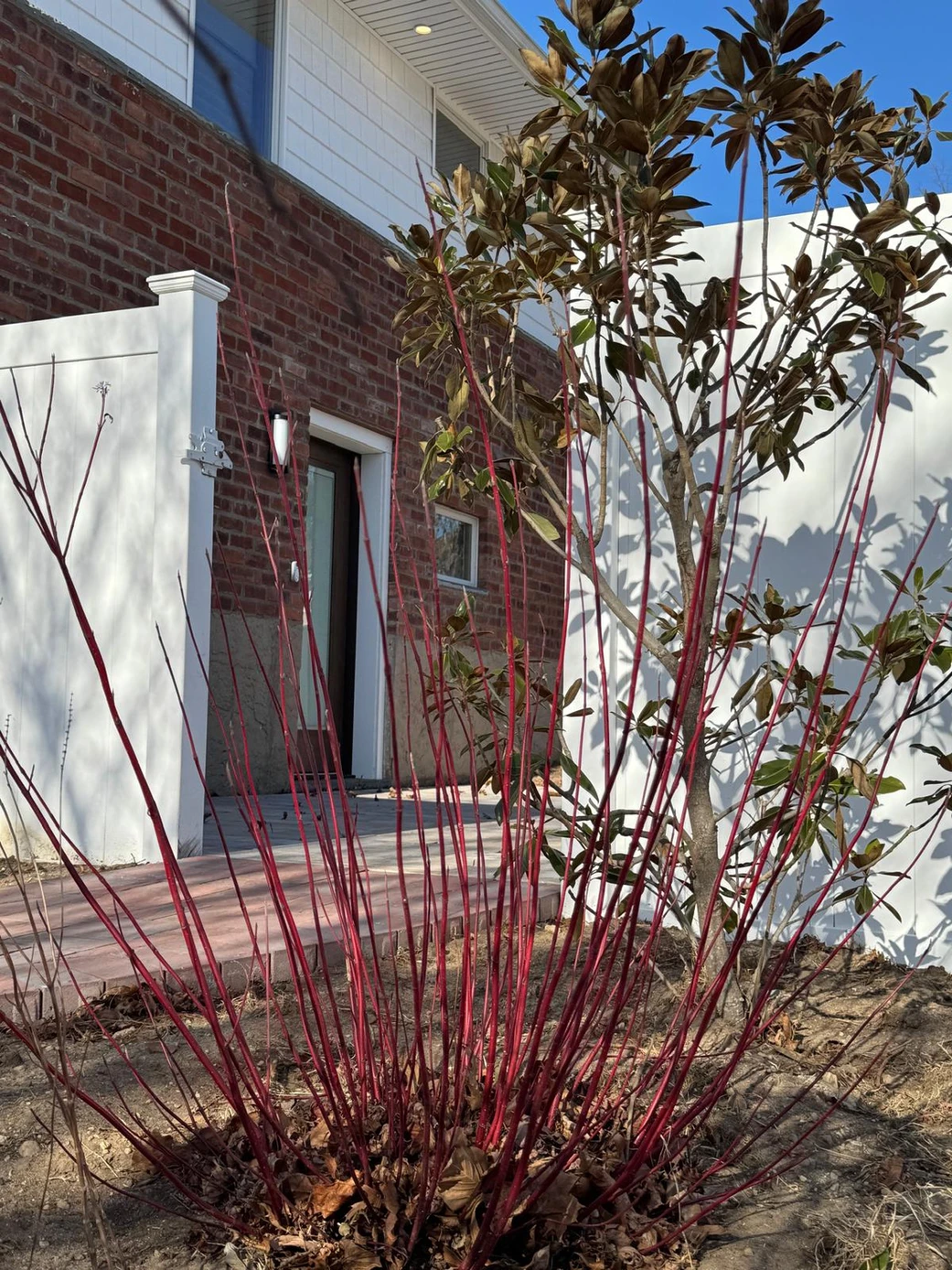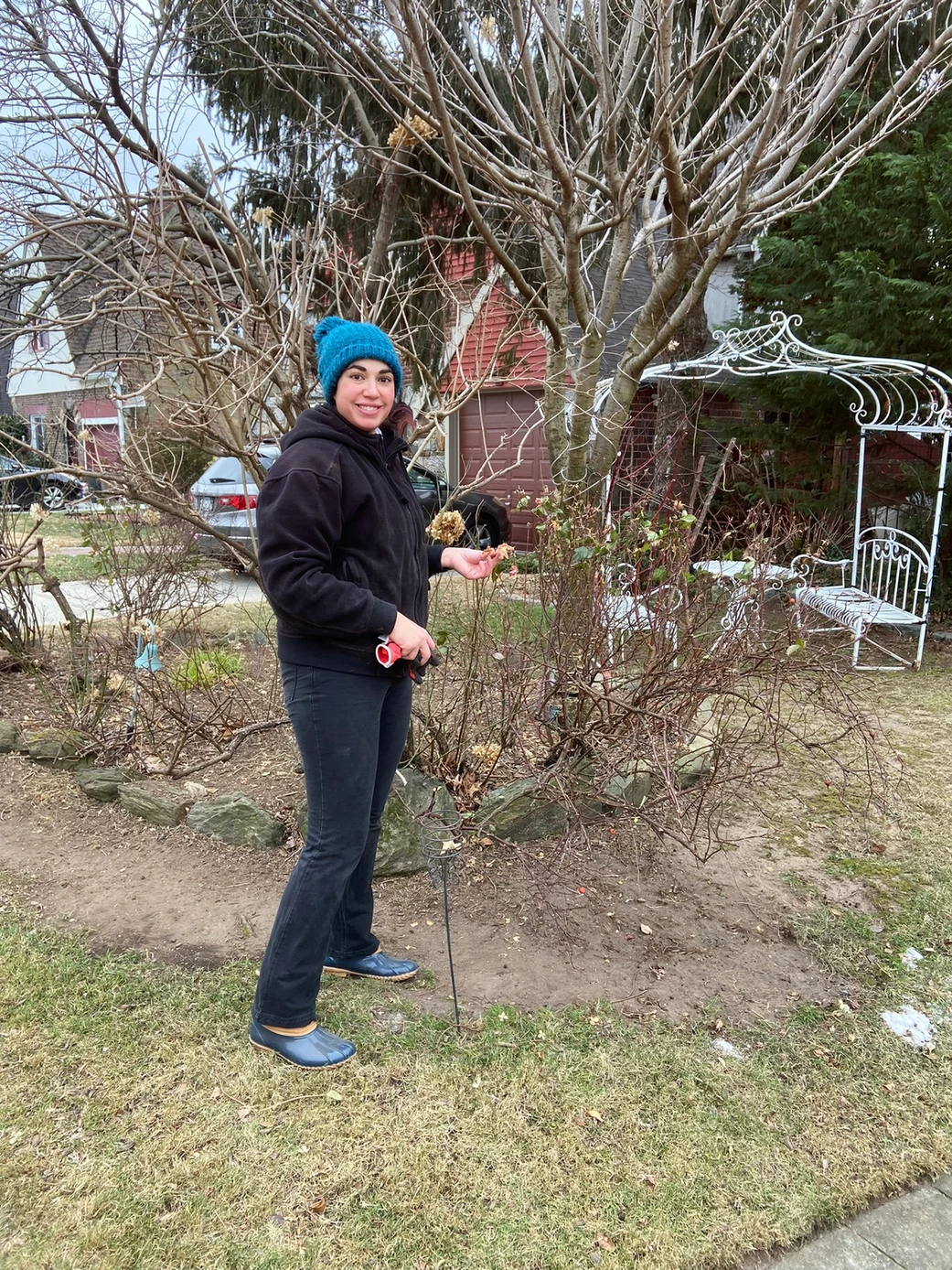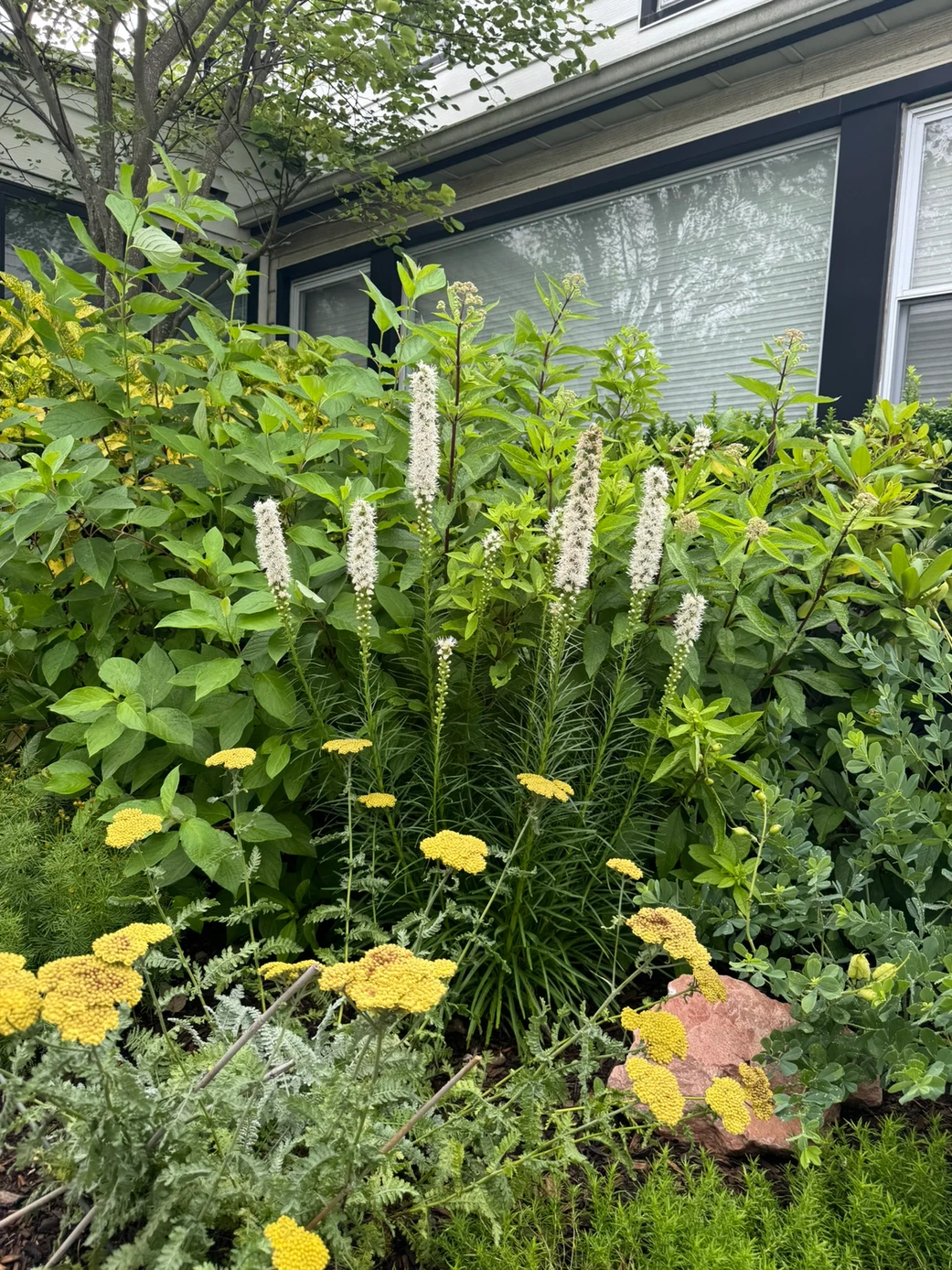







Ecological landscaping rooted in science, stewardship, and respect for nature.
MORE THAN GARDENS is an ecological landscape design and land care company based on Long Island, NY, dedicated to creating landscapes that are beautiful, resilient, and environmentally restorative. We believe outdoor spaces should do more than look good — they should support biodiversity, protect natural resources, and strengthen the relationship between people and the land they steward.